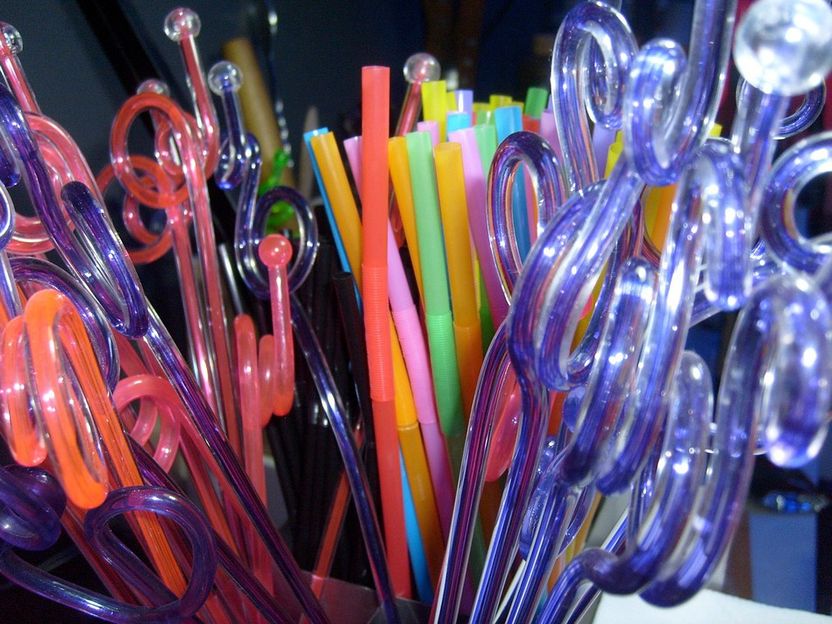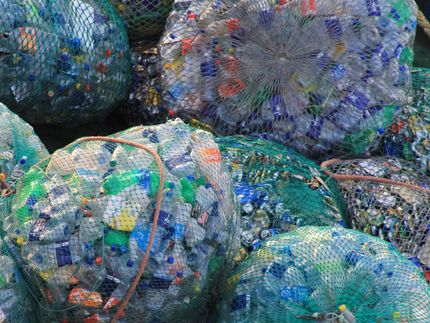EU adopts ban on disposable plastics
Advertisement
Plastic plates, drinking straws and other disposable plastic products are to be banned in Europe in the future. Negotiators of the European Parliament and the EU states agreed on Wednesday morning in Brussels on a corresponding regulation. The ban is intended to help reduce the amount of plastic waste in the environment and in the oceans. The changes are expected to come into force in about two years.

PublicDomainPictures/ Pixabay
In May, the EU Commission had proposed banning disposable dishes, straws, cotton swabs and other disposable plastic articles. The quantity of food packaging and drinking cups is to be reduced with reduction targets. The European Parliament and EU countries had slightly changed their plans in the legislative process. Both sides still have to officially confirm the agreement of the negotiators. However, this is considered a formality.
The strategy against plastic waste should bring tangible changes to almost everyone's everyday life. From the beginning of 2021, however, only items for which there are already better alternatives are to be banned. These include balloon rods, for example. The package is particularly important for the plastics industry, which, according to the authorities, had a turnover of 340 billion euros in 2015 and employed 1.5 million people.
Five years after the regulation comes into force, the lids of disposable plastic bottles may only be put into circulation if they are connected to the bottle so that they do not end up in the environment individually. Federal Environment Minister Svenja Schulze (SPD) had demanded that states can avoid this obligation with a deposit system. The majority of deposit bottles will be returned with lids, according to the ministry. However, there was no EU-wide majority for this.
In addition, a number of disposable products with a certain plastic content - such as wet wipes - will have to be labelled. The negative effects on the environment should also be pointed out.
The EU Commission expects the plan to bring major environmental benefits. The measures are intended to reduce carbon dioxide emissions by 3.4 million tonnes. It was said that environmental damage worth 22 billion euros could be avoided by 2030. Consumers could save up to 6.5 billion euros. The Commission justified the initiative mainly with the protection of the oceans. More than 80 percent of the garbage in the oceans is plastic.
Part of the new strategy is also the participation of manufacturers in the costs of collecting and recycling the products concerned. For example, the tobacco industry could in future be asked to pay for the collection of cigarette butts. "Those who produce disposable articles such as cigarettes will have to take more responsibility for the garbage in the future," Environment Minister Schulze told the newspapers of the Funke Media Group. "For example, the cigarette industry could contribute to the costs of cleaning beaches and parks.
"A milestone in our efforts to reduce plastic waste," twittered Austrian Minister Elisabeth Köstinger. Austria currently holds the six-monthly rotating presidency among the EU states /asa/DP/stk (dpa)


























































